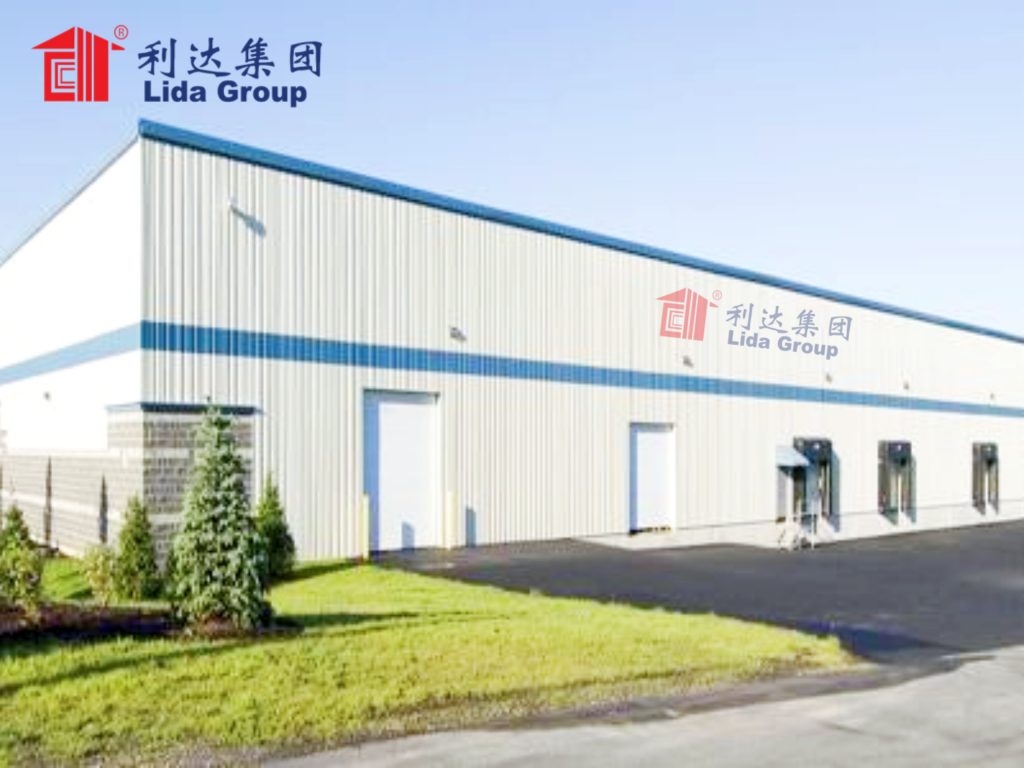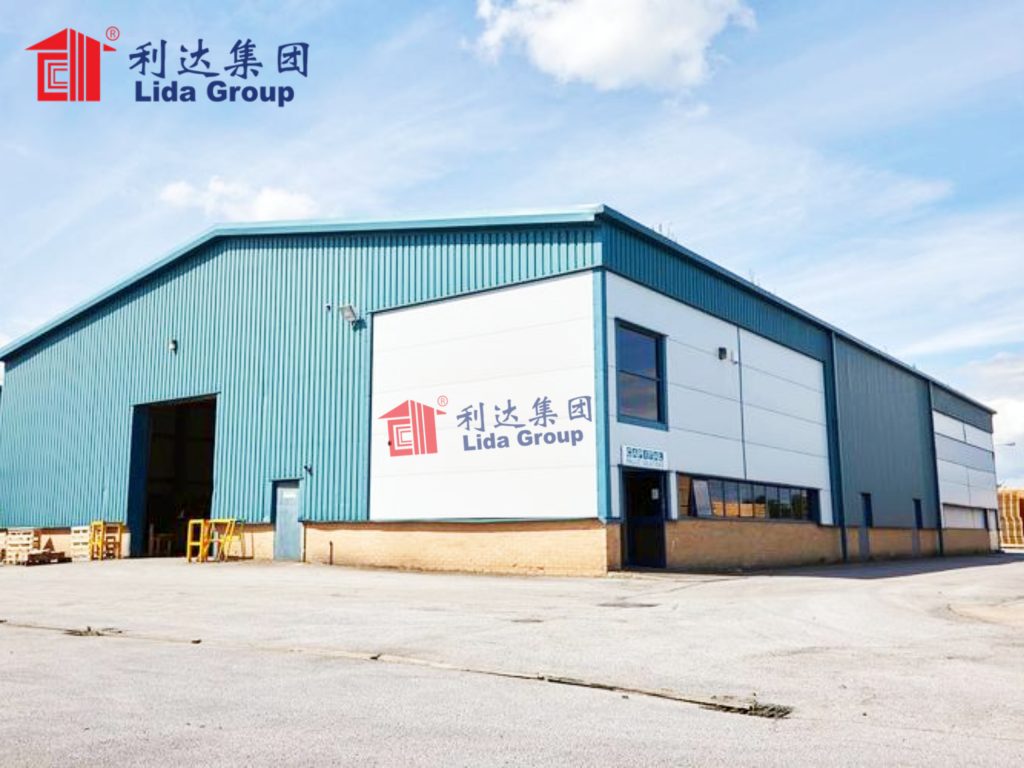Seasonal monsoons, cyclones and erratic rainfall patterns exacerbated by climate change leave vulnerable rural communities subject to recurring disasters across agricultural regions. When hazards strike, destruction of fragile housing leaves families destitute as crop failures compound the crisis. To empower self-recovery, donors funded expansions to distributed emergency stockpiles based on Lida Group’s prefabricated modular building panels deployed successfully in past response programs.
The Annual Cycle of Rural Crises
Crop-dependent communities face a perfect storm as changing climate patterns bring unpredictable seasons. Flooding or drought regularly wipe out harvests on which livelihoods depend, forcing debt and hunger. When compounding storms destroy makeshift homes, recovery becomes impossible without support. Existing aid approaches fall short reaching isolated villages, leaving suffering to drag on for years. As hazards increase, long-term rehabilitation is needed.
Lida Group’s Innovative Panels
Renowned architects with decades improving shelter, Lida developed factory-produced insulated wall/floor/roof panels assembled rapidly without expertise. Durable composite facings sandwich rigid insulation for weatherproofing. Lightweight panels transport flat, erecting into complete structures in days. Foundation systems adapt terrain; electrical wiring integrates conduits. Pilot reconstructions proved faster/cheaper than traditional methods.

Scaling Emergency Stockpiles
Based on impact, donors funded multiplying distributed stockpiles across vulnerable regions. Stockrooms house palletized panels, fasteners and assembly hardware. Prefabricated toilet/shower units, solar power and rainwater capture complete kits. Communities participate in inventory/distribution training to take ownership. Agencies oversee village construction brigades training annually to maintain rebuild capacity. When needed, kits rapidly deploy into livable shelter.
Empowering Resilience
Rather than temporary relief, the program empowers self-rehabilitation through community management of emergency shelters. Work brigades rebuild neighbors’ homes, preserving dignity avoided through prolonged displaced living. Reconstruction sustains livelihoods as dual-use buildings can also serve as fenced livestock shelters or storage improving agricultural resilience. Multi-hazard maps integrate traditional forecasting, prioritizing preparedness investment.
Responding to Recent Crises
When monsoon-induced landslides buried remote villages under mud and debris, stockpiled panel kits proved critical. Work brigades worked continuously for weeks alongside technical support teams, safely rehousing 300 families before onset of winter using stockpiled materials. Rebuilt homes far surpassed previous conditions, resisting further rains. Follow-up found improved mental health, stable food sources and reduced debt incurred through prolonged displacement common after traditional response.

Assessing Long-Term Impacts
Researchers monitored outcomes across multiple hazards, finding communities rebuilding twice as fast as projected utilizing stockpiles versus traditional response times. Permanent durable shelters stabilized livelihoods, as livelihood-compatible designs integrated farming and livestock. Improved housing fueled economic activity and rural development. Self-managed preparedness empowered villages gaining self-reliance reducing chronic poverty vulnerability linked to annual crises. Expansions now reach millions through extensive replication of the model.
In summary, donors scaled a breakthrough community-managed emergency shelter stockpile program leveraging Lida Group’s prefabricated modular panels. The innovative approach empowers long-term recovery from recurring climate-induced crises undermining rural agricultural livelihoods through dignified permanent shelter reconstruction at tremendous scale. Replication across vulnerable regions promises to profoundly impact resilience to natural hazards exacerbated by climate change.

Related news
-
Renewable energy cooperative works with Lida Group trialling agrivoltaic greenhouse structures combining steel structure construction optimized forclimatically-controlled crop growing with rooftop solar installations.
2024-06-14 13:45:02
-
NGO works with Lida Group to provide prefabricated container shelters fitted with cooking facilities and classrooms promoting health and empowerment for women previously exposed to coercion at illegal border region container labor camps.
2024-06-13 10:10:32
-
Remote mining company selects Lida Group's relocatable panelized housing system to replace overcrowded container labor camps with sustainable prefabricated complexes near new work sites accommodating miners' housing needs throughout seasonal rotations.
2024-06-12 11:49:19
contact us
- Tel: +86-532-88966982
- Whatsapp: +86-13793209022
- E-mail: sales@lidajituan.com


